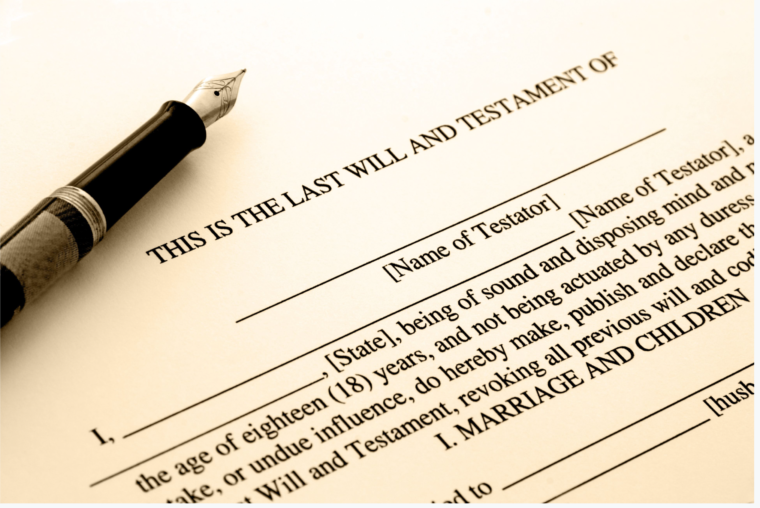A Will goes through three major stages: initial planning, drafting, and execution. Understanding what the three stages entail can help a testator leave a well-drafted and executed Will to his or her family members. It will also ensure the testator’s wishes are honored after his or her death.
Initial Planning
Initial planning is the first and most crucial stage of creating a Will. It involves determining who will inherit the assets once the testator dies. Depending on the testator, the beneficiaries can be immediate family members, relatives, or even charitable organizations. At this stage, the testator should identify the person who will care for his or her children if the testator dies before they attain the age of the majority. The testator should also identify the person who will be the executor in the Will.
Drafting the Will
A testator with a simple and straightforward situation can draft a Will using an online DIY Will kit. If the testator, for instance, has a small estate, doesn’t have children, or has only one beneficiary, then a free online Will service may be enough.
If the testator, however, has a bigger estate, has children, or several beneficiaries, then he or she can benefit from working with a Will attorney. The attorney will:
- Collect information about the testator, his or her immediate family members, other dependents, assets, and liabilities.
- Help the testator deal with certain estate planning issues, including establishing a trust to hold his or her children’s inheritance and avoiding probate by naming beneficiaries or putting some assets in joint tenancy.
- Identify additional documents to add to the estate plan, including a health care directive and financial power of attorney.
Will Execution
The Probate Period
During the probate period, the court system decides how the testator’s assets should be distributed upon his or her death. Many of the testator’s assets will avoid the probate process and go directly to named beneficiaries such as retirement plans, life insurance, other assets with a named beneficiary, living trusts, community assets that have the right of survivorship, and assets kept in joint tenancy. For the remaining assets that must undergo the probate process, the executor will work with a Probate attorney to gather and submit the paperwork needed to start and conclude the probate process.
Asset Distribution
Before the probate period comes to an end, the executor will pay any taxes, settle valid outstanding debts, and divide the remaining assets among the beneficiaries.









